Also Known As
- Aralia
- Polyscias scutellaria
- Polyscias
- Shield Aralia Plant
How to Care?
 Sunlight
Sunlight
- Bright indirect/ morning sunlight
 Water
Water
- Daily
 Location
Location
- Indoor/ Shaded outdoor
 Maintenance
Maintenance
- Low care
 Size
Size
- 16 × 10 Inches Approx.
 Season
Season
- All season
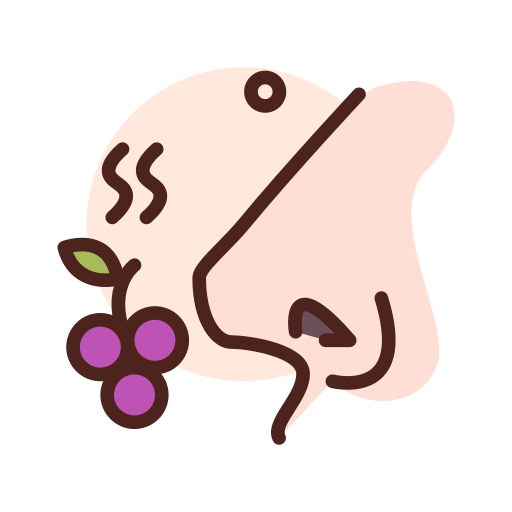 Fragrance
Fragrance
- No
 Specialty
Specialty
- Beautiful leaves
Polyscias scutellaria, commonly known as the Aralia Dinner-Plate or the Shield Aralia, is a species of tropical evergreen shrub belonging to the Araliaceae family. Native to regions of the Pacific Islands, including Hawaii, Fiji, and Tonga, this ornamental plant is admired for its lush foliage and striking appearance, making it a popular choice for both indoor and outdoor gardening.
The Ming Aralia typically reaches a height of 2 to 6 feet (60 to 180 cm) and features a compact, bushy growth habit. Its smooth, woody stems are adorned with glossy, deeply lobed leaves that resemble shields, hence the name “Shield Aralia.” The leaves are bright green, but some cultivars may display variegated patterns with white or yellow margins, adding to the plant’s aesthetic appeal.
The small, inconspicuous flowers of the Polyscias scutellaria are borne in clusters and are usually white or pale green in color. While the flowers are not the primary attraction, they can develop into small, round, black berries that further contribute to the plant’s ornamental value.
One of the reasons for the popularity of the Ming Aralia as a houseplant is its ability to adapt to a range of light conditions. It can thrive in bright, indirect light indoors or dappled shade outdoors, making it suitable for various environments. However, it generally prefers a warm, humid climate and well-draining soil for optimal growth.
As a low-maintenance plant, Polyscias scutellaria can be relatively easy to care for. Regular watering to keep the soil consistently moist without waterlogging is essential. Additionally, misting the leaves to maintain humidity and wiping them occasionally to remove dust will help the plant stay healthy and attractive. Pruning can be done to maintain the desired shape and promote bushiness.
However, despite its resilience, it’s essential to be cautious with this plant, as some parts of Polyscias scutellaria are reported to be toxic if ingested. Thus, it is advisable to keep it out of reach of children and pets.
Whether used as an indoor decorative accent or as part of a lush garden setting, the Polyscias scutellaria remains a popular choice for plant enthusiasts and collectors alike, thanks to its elegant foliage, versatility, and ability to add a touch of tropical beauty to any space.
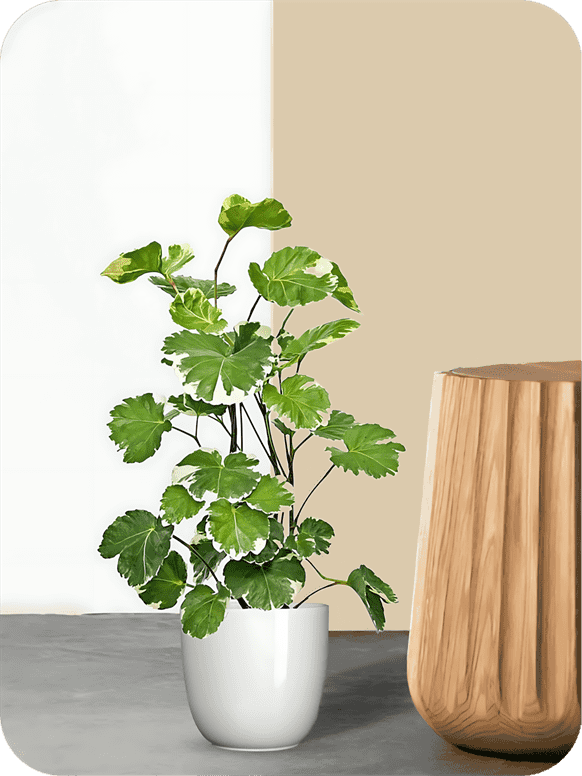
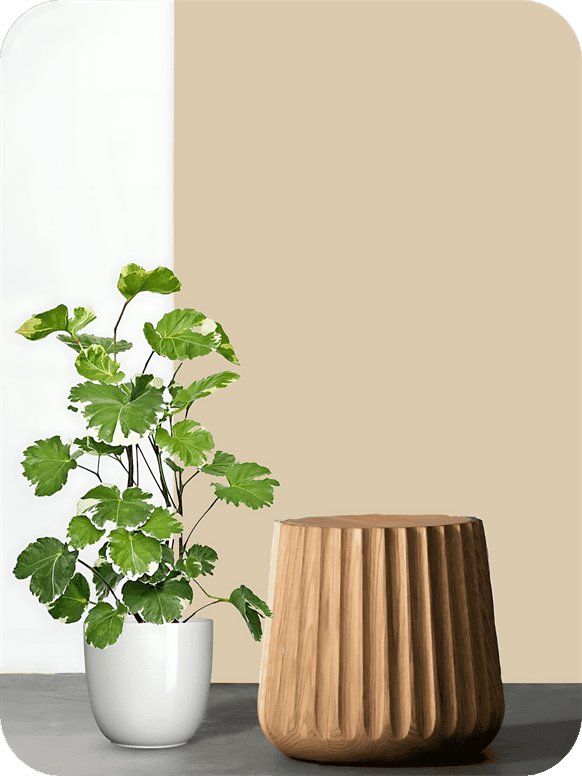

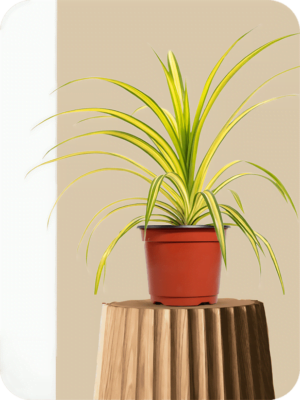
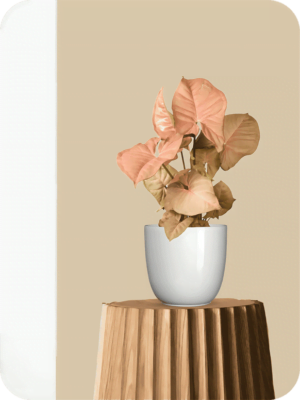
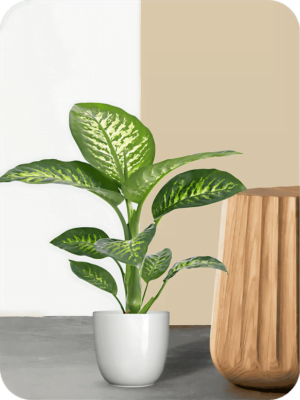
3 reviews for Aralia Dinner-plate Plant